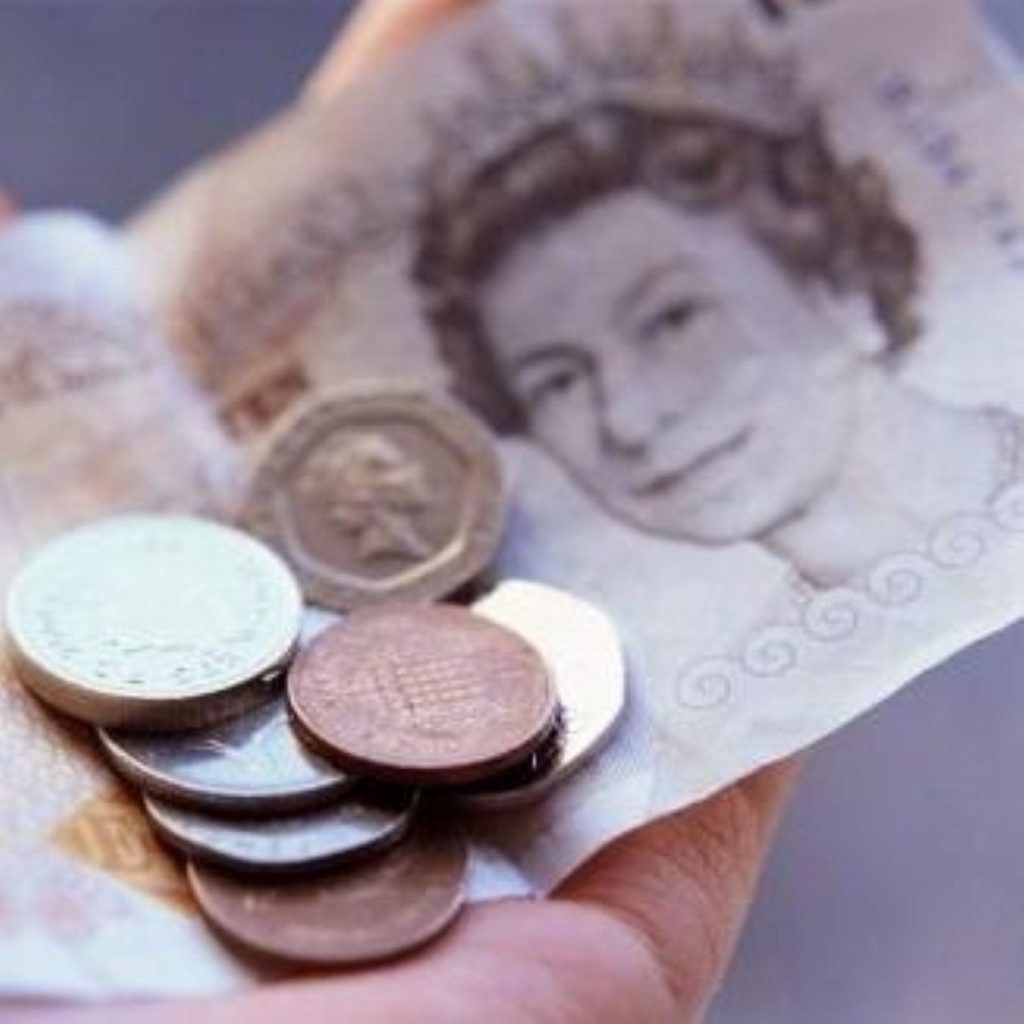Cheers for 2p tax cut fade quickly
Gordon Brown confirmed his reputation as an economists’ chancellor today with Budget 2007 unveiling a surprise reform of the tax system.
The chancellor ended his final Budget to the sound of cheers as he announced the base rate of income tax will be cut by two pence to 20 per cent from next April, in the most comprehensive reform of the tax and benefit system since 1997.
However, his opponents quickly claimed Budget 2007 would leave many people worse off, as Mr Brown also announced he will abolish the bottom ten per cent tax rate.
The Liberal Democrats argued this amounts to a doubling of the starting rate of income tax, calculating anyone earning less than £15,000 will pay more in income tax as a result of the restructuring.


“The two pence cut in the basic rate is welcome, but let us be clear this is an income tax cut for the wealthy dressed up as a tax cut for the poor,” said Sir Menzies Campbell.
Addressing parliament, the Liberal Democrat leader said the chancellor has “delivered a Budget of missed opportunities” and failed to build a fairer Britain through tax cuts for the low paid.
The Conservatives dismissed the two pence cut, which is certain to nominate coverage of Budget 2007 ,was a “tax con not a tax cut”, labelling it Mr Brown’s “stealthiest tax yet”.
While the Treasury can claim it has cut £2.5 billion in tax, the Conservatives calculated, it will also raise £2.6 billion in national insurance contributions.
In a nod to the forthcoming Labour leadership race, David Cameron claimed Mr Brown had cynically introduced the sort of tax cut normally seen ahead of a general election.
Accountants KPMG agreed the base rate cut is offset by increases in income tax and national insurance, amounting to a “smoke and mirrors” Budget.
The Treasury claims the average family will be an average of £100 a year better off, with four in five households set to be better or no worse off.
Families will benefit most, it calculates, with a single earner on £27,000 with two children set to gain £500 a year. Households with children in the poorest fifth of the population will be £300 a year better off.
Personal allowances have been increased for pensioners, in a move Mr Brown claimed would free an additional 580,000 pensioners from income tax. By 2011, no pensioner aged 75 or over will pay tax until their income reaches £10,000.
The upper earnings limit for national insurance will increase by £75 a week above indexation in April 2008 and by 2009 will be fully aligned with the higher rate.
Reflecting his ongoing belief that tax credits are more effective at targeting the poorest families than sweeping tax changes, Mr Brown insisted the poorest would benefit from Budget 2007.
Child tax credit is set to increase as will working tax credit. Mr Brown also announced an increase in weekly child benefit, rising to £20 for the oldest child in April 2010.
“The government is committed to promoting fairness alongside flexibility and enterprise to ensure that everyone can take advantage of opportunities to fulfil their potential,” Mr Brown said.

